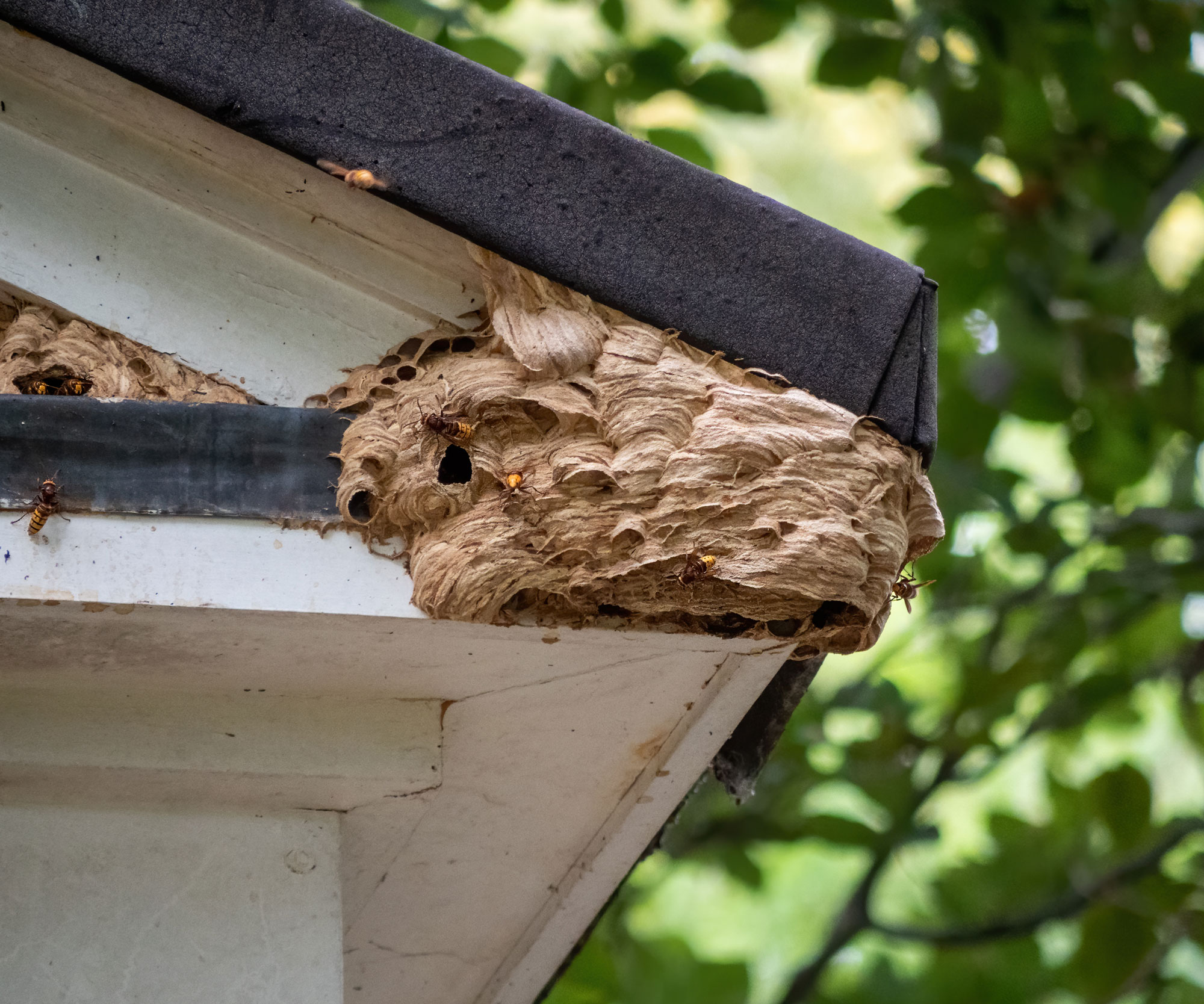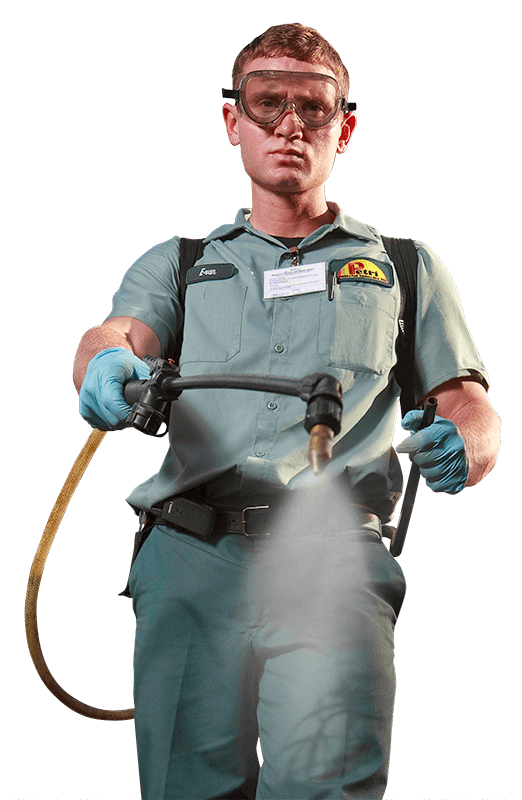Bee and Wasp Control
Eliminating or removing stinging insect nests is a delicate operation that requires special equipment, protective clothing, and skill. Petri Pest Control has the skill and expertise to protect your south Florida property from bees, wasps and hornets. Call us for bee and wasp control in Broward and Palm Beach County Florida.
Get your personalized quote in a few clicks.

Wasp & Hornet Nest Removal
Spotting a yellow and black striped insect buzzing can cause people to panic. Bees, wasps, and hornets are some of the most feared insects for good reason. Though they’re usually not aggressive unless threatened, these flying insects have nasty stings.
For some people, a sting from a bee, wasp, or hornet can cause an allergic reaction and possibly require a visit to the emergency room. That’s why you don’t want to take chances.
Get an Instant Quote Over the Phone
Petri Pest Control gives all customers a FREE initial quote. Fill out the form below to find out how Petri can help you today!
"*" indicates required fields
Bees, wasps, and hornets are extremely helpful to the environment. They pollinate flowers, fruits and vegetables, and keep harmful insects out of your garden. Even though they are beneficial, they can also pose a risk to your family when they get too close.
If you’re concerned, just call Petri. Since 1956, we’ve been offering pest control for homes and businesses in Palm Beach and Broward Counties. Our technicians will work hard to make sure you are able to enjoy your outdoor areas without the fear of getting stung.
Contact us today for a free quote, and more information on keeping bees, wasps and hornets away from your home!





Serving Pompano Beach since 1956
Bee & Wasp Control in Pompano Beach
Pest Control in Pompano Beach
Pompano Beach | Miami | Fort Lauderdale | Hollywood | Boynton Beach | Lantana | Hialeah | Deerfield Beach | Coral Springs
Coconut Creek | Hallandale | Pembroke Pines | Oakland | Boca Raton | Delray Beach | West Palm Beach | Gulfstream | Miami Beach | Miami Lakes
Home » Bee & Wasp Control
